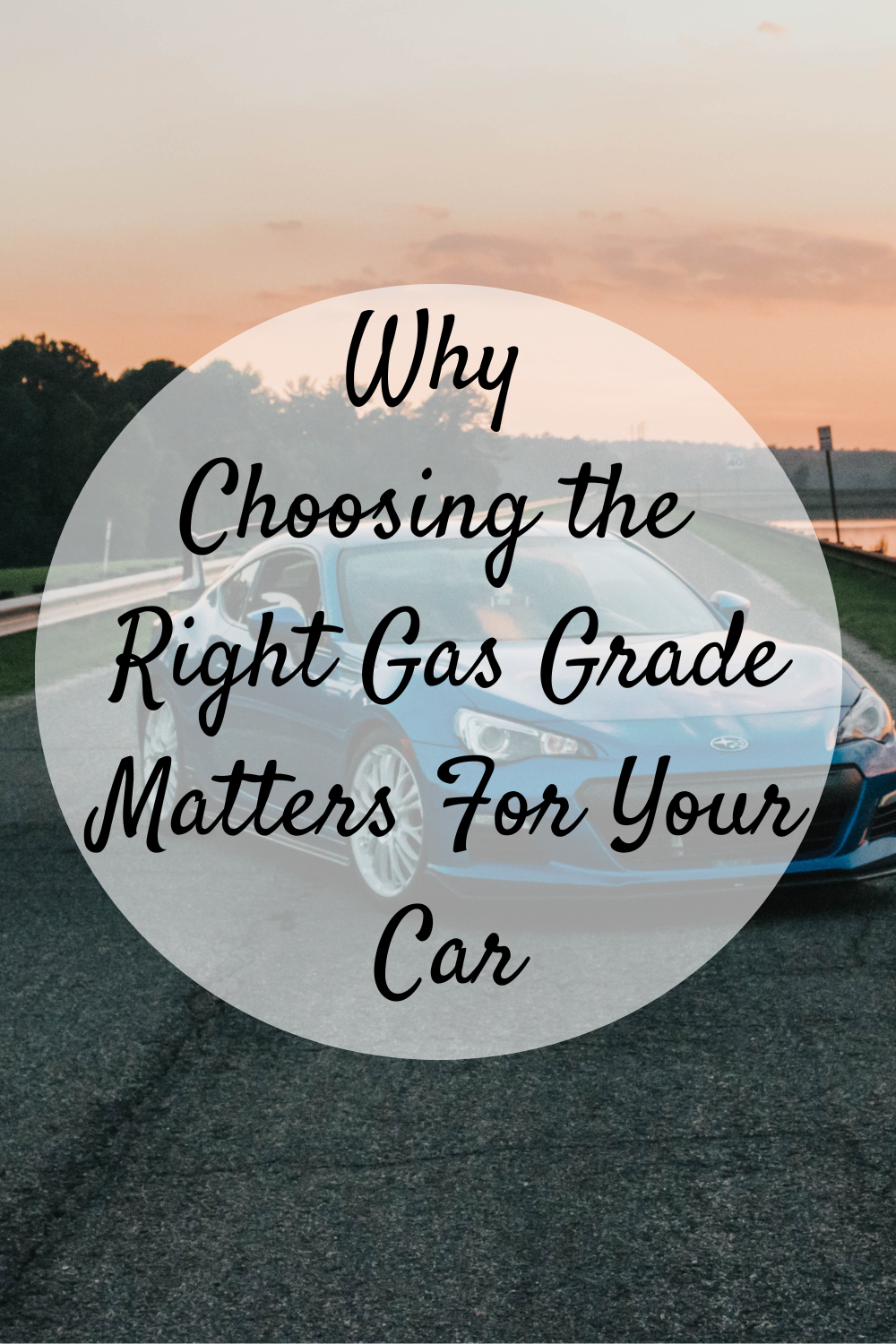

Putting the wrong gas grade in your car might seem like a minor mistake, but it can have significant consequences. The type of gas you use can impact your vehicle’s performance, fuel efficiency, and even its longevity. Knowing what happens when the wrong gas grade is used and how to address the situation can save you time, money, and potential damage to your car.
Gas grades refer to the different types of gasoline available at gas stations, commonly labeled as regular, mid-grade, and premium. These grades differ primarily in their octane levels, a measure of the fuel’s ability to resist “knocking” during combustion. Knocking, or pinging, occurs when fuel burns unevenly in your engine’s cylinders, which can lead to engine damage over time.
Higher octane fuel is less likely to pre-ignite in the engine, making it suitable for high-performance or turbocharged vehicles designed to run at higher temperatures and pressures. Using the correct gas grade is crucial because it ensures your engine runs smoothly and efficiently, maintaining the car’s overall performance and health.
Using a lower octane gas than what your car manufacturer recommends can have several adverse effects. Modern cars are equipped with advanced engine management systems that can often compensate for the lower octane, but this isn’t always perfect, and there are still risks.
Contrary to some beliefs, using a higher octane gas than required does not necessarily improve your car’s performance. The idea that premium gas can make your car run better is a misconception.
To prevent using the wrong gas grade in the future, consider these tips:
Using the correct gas grade is essential for maintaining your car’s performance, efficiency, and longevity. While using the wrong grade occasionally may not cause immediate damage, consistently using the incorrect octane level can lead to significant engine problems and costly repairs. By understanding the different gas grades and their impact on your vehicle, you can make informed decisions at the pump and avoid potential issues. Always follow the manufacturer’s recommendations to keep your car running smoothly and efficiently.
A recent analysis by John Foy & Associates reveals a troubling trend in traffic fatalities…
Artificial intelligence (AI) technology has been praised by many for its ability to improve efficiency,…
SPLAT. Andrew’s knee struck the jagged mountain path. Blood—warm and red—spilled down his leg, weaving…
Selling car with finance needs throughout. Unfortunately, ignoring legal steps leads to problems later. Therefore,…
Capricornx has confirmed that its proprietary strategy engine sustained a verified win rate of 92.4%…
Verizon Customer Service 1-833-783-3017: How to Get Fast & Reliable Support When it comes to…
This website uses cookies.